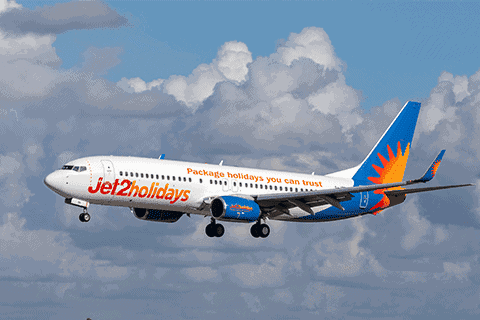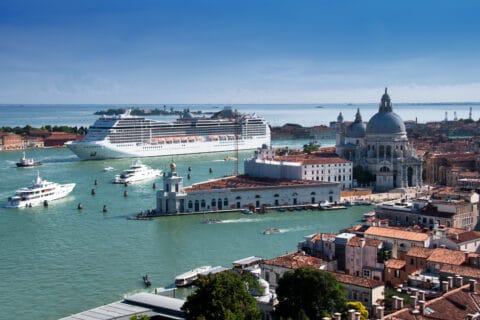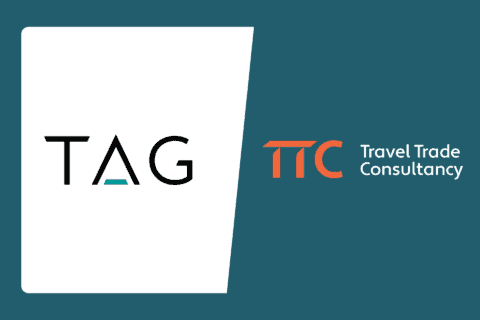The challenges faced by airlines and tour operators during this pandemic are well publicised.
Business activity has fallen off a cliff, and cash has flown out of the door as new bookings have dried up and old bookings have been refunded.
But spare a thought for those that are both an airline and a tour operator.
Whether you think of them as tour operators with their own airline (TUI, Jet2) or airlines dabbling in tour operating on the side (easyJet, BA, Virgin), integrated groups now represent five of the top 20 ATOL holders in the UK. You can see how the size of their ATOLs, which cover their flight inclusive package holidays has grown over the last eight years in our interactive chart here.
When times are good, there are plenty of solid reasons why a vertically integrated, asset-heavy model is a no-brainer for a travel company. The ability to control the delivery of your product, manage your supply chain, and guarantee access to flying capacity are all invaluable when you’re selling holidays at scale.
Of course, the trade-off is a massive reduction in flexibility. Operating an airline is incredibly capital intensive, especially when most of the aircraft are stuck on the ground. Easyjet and BA are still burning through £8million (easyJet) and £20million (BA) a day, despite flying less than 30% of their capacity and carrying out major cost-reduction programmes.
On the face of it, asset-light companies should be able to weather the current storm better than the integrated groups. Take the third-largest ATOL holder, On the Beach, for example. Despite the pandemic, they are still trading at break-even thanks to their more variable cost base.
On the other side of this crisis, though, integrated groups have a unique opportunity to reassert themselves.
Right now, customers simply aren’t booking holidays. Interestingly, anecdotal evidence suggests that they fear the prospect of further quarantine more than catching COVID.
Travel corridors change weekly and destination access can be restricted within hours of a government announcement. Nervous customers are either avoiding commitment or deferring decisions until the last possible minute and booking much closer to departure.
In order to stimulate demand in that kind of environment, tour operators and integrated groups have two moves: drop their price, or offer as much flexibility as possible, with options to change or cancel trips at minimal cost.
Whilst larger tour operators are generally able to negotiate favourable terms with most of their suppliers to enable them to offer such flexibility, their airline suppliers have so far been unwilling to play ball.
Integrated groups, on the other hand, have a unique advantage, and are offering innovative terms to their holiday customers that aren’t available to other tour operators. In recent weeks we’ve seen a few examples emerge:
– TUI is offering customers the flexibility to change their holiday with no fee, up to 21 days before departure.
– Easyjet Holidays launched a ‘Protection Promise’ offering fee-free changes or cancellations to holidays up to 28 days before departure.
– Virgin Atlantic Holidays announced a new ‘Escape Pass’. Customers choose their dates and hotel rating and will be guaranteed a holiday in the Caribbean where they won’t be subject to quarantine rules and restrictions. The customer will only find out two weeks before departure which destination they’re going to.
– BA Holidays are offering customers the ability to change destinations, dates or cancel altogether with three weeks notice.
Owning their own airlines has given these integrated groups the ability to create flexible, unique, and highly defensible product offerings.
All they need now is the recovery to take off.
If you enjoyed this post, why not sign-up to our newsletter? Get our latest travel blog posts, industry updates and exclusive content. Join the mailing list below.



